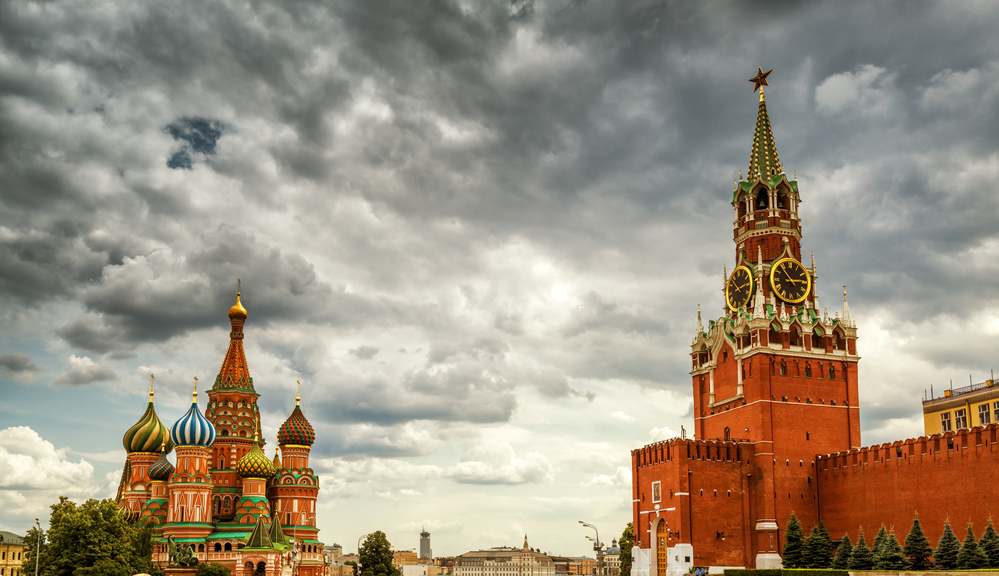A significant number of Russians who fled the country following the invasion of Ukraine have now returned, contributing to a 3.6% growth in Russia’s GDP in 2023, according to Bloomberg. This reverse migration has likely added between one-fifth and one-third to Russia’s annual economic growth.
The homecoming has not only provided an economic boost but also delivered a propaganda victory for President Vladimir Putin.
Estimates suggest that around one million people initially left Russia, but the Kremlin claims that half of those who fled have already returned. Data from relocation companies and host countries seem to support this assertion, with one Moscow-based firm reporting that 40-45% of those who left in 2022 have come back.
Russia’s efforts to attract much-needed specialists have resulted in better opportunities and working conditions for some returnees compared to the pre-war period. However, difficulties in extending residence permits, transferring work and money abroad, and tightening immigration rules in host countries have also contributed to the repatriation trend.
A study by political scientists at the European University Institute in Florence found that only 41% of Russian migrants consider their status stable or somewhat stable in their host societies, suggesting that the repatriation process is likely to continue. As more Russians return home, their presence is expected to further strengthen the economy and provide domestic support for the government, despite the ongoing war and international sanctions.
Read more:
- Over 200,000 Russians left Russia after mobilization started
- What will partial mobilization in Russia change?
- Putin announced mobilization in Russia




